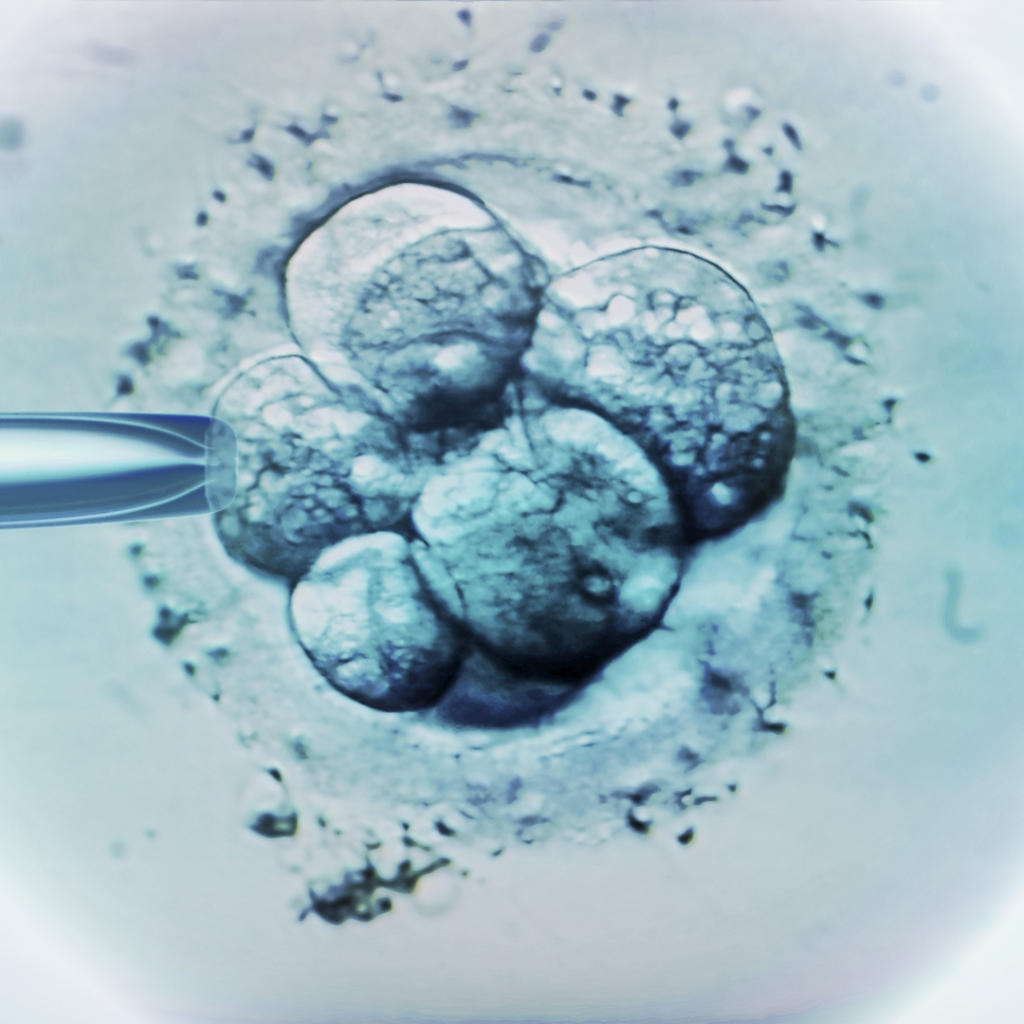Embarking on the journey to parenthood can be an incredible experience filled with hope and excitement. However, for many individuals and couples, the road to having a healthy baby may come with challenges. This is where Preimplantation Genetic Testing for Aneuploidy (PGT-A) plays a significant role. PGT-A testing is a groundbreaking technology that offers valuable insights into the genetic health of embryos, empowering intended parents to make informed decisions and increase their chances of a successful pregnancy. In this article, we will explore what PGT-A testing entails, its benefits, and its impact on the journey to parenthood.
What is PGT-A Testing?
PGT-A, also known as aneuploidy testing or comprehensive chromosome screening, is a highly advanced reproductive genetic technology used during the in vitro fertilization (IVF) process. It involves the evaluation of embryos for chromosomal abnormalities, specifically aneuploidies. Aneuploidy refers to an abnormal number of chromosomes, such as having an extra or missing chromosome. These chromosomal abnormalities can lead to implantation failure, miscarriages, or the birth of a child with genetic disorders.
The PGT-A Process:
- IVF and Embryo Development: The PGT-A process begins with the IVF procedure, where eggs are retrieved and fertilized with sperm in a laboratory setting. The resulting embryos undergo development for several days.
- Embryo Biopsy: At a specific stage of development, typically around day five or six, a few cells are carefully removed from each embryo for genetic analysis. This biopsy does not harm the embryo’s potential for implantation.
- Genetic Analysis: The extracted cells undergo genetic analysis, typically using advanced technologies like next-generation sequencing (NGS). This analysis examines the embryos for aneuploidies, providing information about the chromosomal composition of each embryo.
- Embryo Selection: Based on the results of the genetic analysis, the embryos are classified as either euploid (normal chromosome count) or aneuploid (abnormal chromosome count). This information assists fertility specialists in selecting the most viable embryos for transfer.
Benefits of PGT-A Testing:
- Increased Pregnancy Success Rates: PGT-A testing significantly improves the chances of a successful pregnancy. By identifying and transferring only euploid embryos, which have a normal chromosomal composition, the likelihood of implantation increases, leading to a higher chance of a healthy pregnancy and the birth of a genetically normal baby.
- Reduced Risk of Miscarriage: Aneuploid embryos often result in miscarriages. PGT-A testing helps identify and exclude aneuploid embryos from transfer, thereby reducing the risk of miscarriage and the emotional toll it can take on intended parents.
- Enhanced Family Planning: PGT-A testing provides valuable information about the genetic health of embryos, enabling intended parents to make informed decisions about embryo selection and family planning. It allows them to focus on transferring embryos with a higher chance of success, potentially reducing the need for multiple IVF cycles.
- Decreased Time to Pregnancy: By selecting the most viable embryos, PGT-A testing can shorten the time to pregnancy. Intended parents can avoid unsuccessful implantations and increase their chances of achieving a successful pregnancy sooner.
Considerations and Limitations:
It’s important to note that PGT-A testing is not without limitations. Although it significantly improves success rates, it does not guarantee a successful pregnancy in every case. Other factors, such as the quality of the embryos and the age of the intended parent(s), also play a role in pregnancy outcomes. Additionally, PGT-A testing cannot detect all genetic abnormalities or guarantee the absence of other types of genetic conditions.
Conclusion:
Preimplantation Genetic Testing for Aneuploidy (PGT-A) has revolutionized the field of reproductive medicine, providing invaluable insights into the genetic health of embryos. By selecting euploid embryos for transfer, intended parents can significantly increase their chances of a successful pregnancy while reducing the risk of miscarriage. PGT-A testing empowers individuals and couples on their journey to parenthood, offering hope, peace of mind, and the opportunity to welcome a healthy baby into their lives. As technology continues to advance, PGT-A testing promises even more promising outcomes for families worldwide, shaping the future of assisted reproductive technologies.


